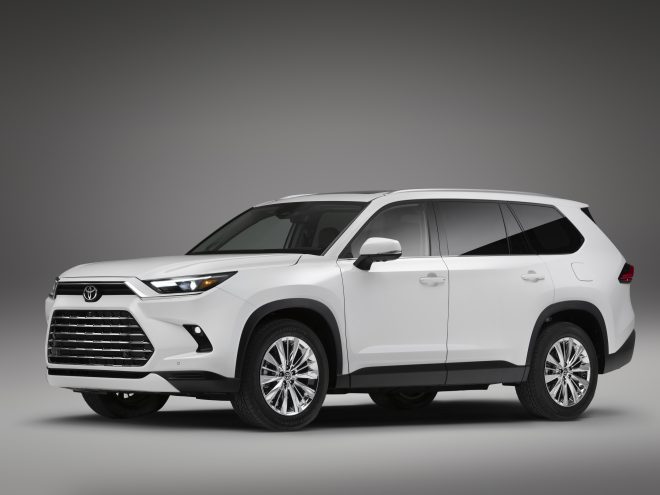
How to Fight a Drunk Driving Charge: A Step-by-Step Guide
According to an FBI report, police arrested more than 443,000 people on suspicion of DUI in 2021. While there are many people arrested on suspicion of DUI, it is important to note that Driving under the influence (DUI) or Driving while intoxicated (DWI) charges are serious offenses with potentially severe consequences.
Therefore, you ought to approach your case with diligence and a well-thought-out strategy. Otherwise, you might suffer heavy penalties and leave a bad criminal record that can affect your career growth and life.
While every case is unique and legal advice from a professional is essential, here is a step-by-step guide on how to fight a drunk driving charge:
Step 1: Understand the Charges
Understanding your charges in a drunk driving case is the genesis of mounting an effective defense. So, you should try to learn a thing or two about the laws in your jurisdiction regarding DUI/DWI, including the legal limit for Blood Alcohol Concentration (BAC) and associated penalties. Carefully review the police report, noting any discrepancies or irregularities that could help your case.
Scrutinize the circumstances leading to your arrest, such as the accuracy of field sobriety tests, breathalyzer results, or the legality of the traffic stop. These steps allow you to identify potential weaknesses or violations in the arresting officer’s procedure. A clear grasp of the charges gives you the foundation for a strategic defense, potentially mitigating or dismissing the allegations.
Step 2: Gather Evidence
Gathering evidence can help build a strong defense for your case. This involves obtaining relevant information such as police reports, breathalyzer or blood test results, witness statements, and any available video footage. Consider documenting details surrounding the traffic stop, including the officer’s conduct and potential procedural errors.
Additionally, collect personal evidence like receipts to establish a timeline of events or medical records to potentially challenge the accuracy of tests. Your attorney will assist you in collecting evidence to support your defense. If you present compelling evidence, you can potentially discredit the prosecution’s claims, challenge the accuracy of the charges, and secure a favorable outcome in the legal proceedings.
Step 3: Seek Legal Representation
Seeking legal representation is a massive step in combating a drunk driving charge due to its complex legal ramifications. Hire a proficient attorney who specializes in DWI cases and possesses the expertise to assess your case, advise you on the best course of action, and represent you in court.
Remember, most states take DWI seriously and often administer maximum penalties if found guilty. You can visit https://www.tsiglerlaw.com/brooklyn-dwi-lawyer/ to find an experienced DWI attorney to effectively manage your case and avoid maximum penalties.
The attorney will analyze evidence and explore potential mitigating factors, such as faulty equipment or procedural errors to help reduce your charges or secure a plea bargain. Their advocacy safeguards your rights and bolsters the chances of a favorable outcome amidst stringent DWI/DUI laws.
Step 4: Challenge the Stop, Arrest, and Tests
You are allowed to scrutinize the legality of the initial traffic stop by law enforcement, the subsequent arrest, and the accuracy of the administered sobriety tests. Your lawyer will analyze whether the officer had reasonable suspicion or probable cause to pull over your vehicle. Additionally, the lawyer will examine whether the arrest followed proper protocols and if the sobriety tests were conducted correctly and calibrated accurately.
Breathalyzers and blood tests can yield false positives due to improper calibration, medical conditions, or external factors. Challenging these aspects can reveal procedural errors or violations of rights, potentially weakening the prosecution’s case and laying grounds for dismissal or reduction of your charges.
Step 5: Negotiate Plea Bargains
Negotiating a plea bargain involves discussions between your lawyer and the prosecutor to potentially reduce the severity of your charges or sentencing. This process aims to reach a mutually agreeable outcome, such as pleading guilty to a lesser offense, which could minimize penalties like fines or jail time.
Factors like prior offenses, evidence strength, and your cooperation may influence the negotiation. Successfully navigating a plea bargain can result in a more favorable resolution than a trial, saving time, and legal costs, and potentially offering a chance for rehabilitation or education on responsible driving behavior.
Step 6: Prepare for Court
If negotiations fail, you might have to prepare thoroughly for trial. Your attorney will guide you on court procedures, advise you on what to expect, and help you present a strong defense based on collected evidence and legal arguments. Collect and organize all relevant documentation such as police reports, witness statements, and any evidence that supports your defense.
Attend all court proceedings and follow your lawyer’s advice closely. Practice answering potential questions to present a clear and credible testimony. Last but not least, ensure you maintain a composed demeanor in court to convey respect for the legal process while advocating for your innocence. Efficient preparation significantly increases your chances of a favorable outcome in a drunk driving case.
Wrapping up
Fighting a drunk driving charge demands thorough preparation, attention to detail, and most importantly having the right legal representation. Yes, seeking assistance from a qualified attorney is crucial to navigating the complexities of DUI/DWI cases successfully. Remember, early intervention and a proactive approach can significantly impact the outcome of your case.









